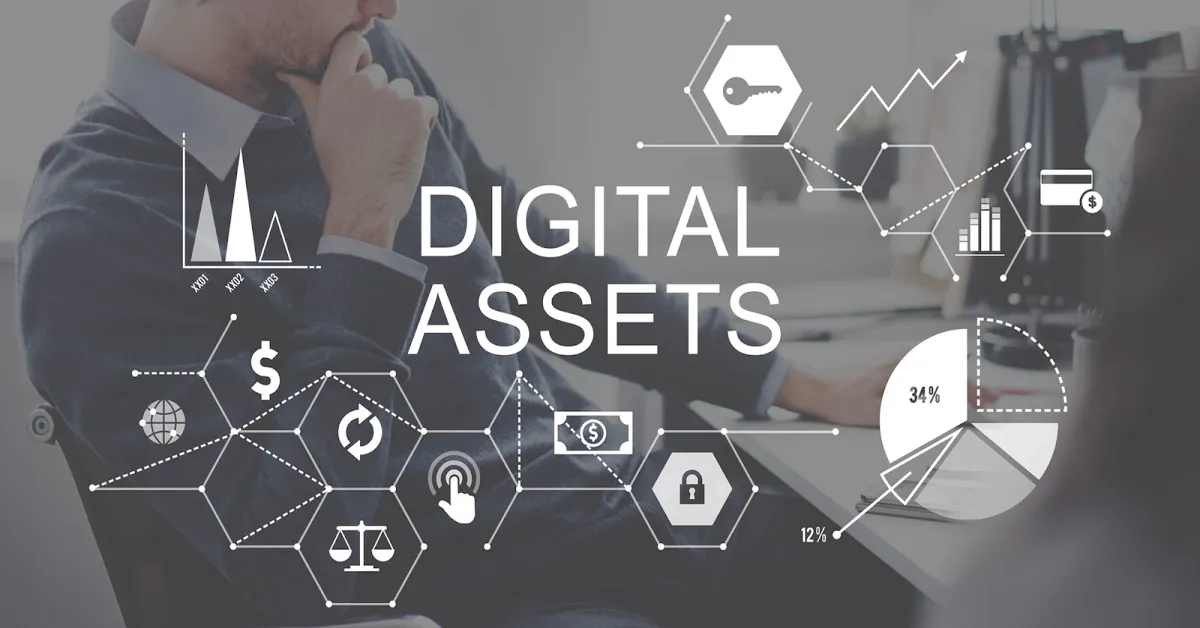As the digital landscape expands and security threats become increasingly sophisticated, institutions are turning to third-party storage and management services. Moreover, digital assets like cryptocurrencies and NFTs have become essential financial instruments for modern enterprises.
This is where digital asset custody solutions come in. They combine security, speed, scalability, and operational flexibility to help institutions maintain complete control over their financial assets. Here’s a comprehensive guide on digital asset custody, its benefits, and how custody wallets come into play:
What are Digital Asset Custody Solutions?
Digital asset custody encompasses a range of services that securely store and manage digital assets on behalf of their owners, be it individuals, financial institutions, hedge funds, asset managers, and cryptocurrency exchanges.
Digital assets, specifically cryptocurrencies, are created and transferred through a decentralized network called blockchain. Think of blockchain as an online ledger that stores all the details of cryptocurrency transactions. Owners use cryptographic keys to access their assets and make transactions.
The borderline is that digital asset custodians or third-party institutions don’t necessarily store assets; instead, they keep owners’ cryptographic keys secure.
Benefits of Digital Asset Custody
Here’s how reputable digital asset custodians like BitGo can benefit your operations:
Simplicity
Tracking and managing private keys can be challenging for large-scale financial institutions. Digital asset custodians take charge, simplifying processes. They have the resources and tools to handle frequent multi-asset transactions.
Greater Security
Digital asset custodians offer exceptional security measures. They utilize state-of-the-art technologies, including Threshold Signature Schemes (TSS), Multi-Party Computation (MPC), Trusted Execution Environments (TEE), and Hardware Security Modules (HSM), to protect cryptographic keys.
Moreover, multi-signature accounts, encryption protocols, and controlled authorization will protect your digital assets from hackers and internal misuse.
Scalability
Financial institutions not only need digital asset custody solutions to hold private keys, but solutions that can scale and adapt to changing needs. With technological expertise and robust security, digital asset custodians empower institutions and exchanges to capitalize on emerging opportunities.
Regulatory Compliance
For financial institutions and cryptocurrency exchanges, regulatory compliance is of utmost importance. Reputable digital asset custodians comply with Anti-Money Laundering (AML) and Know Your Customer (KYC) regulations. These are algorithm-powered monitoring systems that help identify suspicious activities. This will protect your digital assets and ensure long-term success.
Categories of Custody Wallets
Wallets are at the core of digital asset custody solutions. It is a space where custodians store an owner’s cryptographic keys. Wallets can take various forms and can even store multiple assets.
The categories of custody wallets include:
Hot Wallets: These are always connected to the internet and facilitate real-time transactions. With hot wallets, transactions are automatically created and recorded on the blockchain, so users can easily trade assets.
Cold Wallets: On the flip side, cold wallets store private keys offline. They are more secure, but digital asset custodians typically require 24-48 hours to transfer funds to a hot wallet, allowing the owner to make transactions.
Warm Wallets: These are hybrid wallets, wherein some assets are held offline, while others are stored in a cold hardware device.
Digital asset custody solutions are playing a critical role in enhancing the security and operational efficiency of financial institutions and cryptocurrency exchanges.

